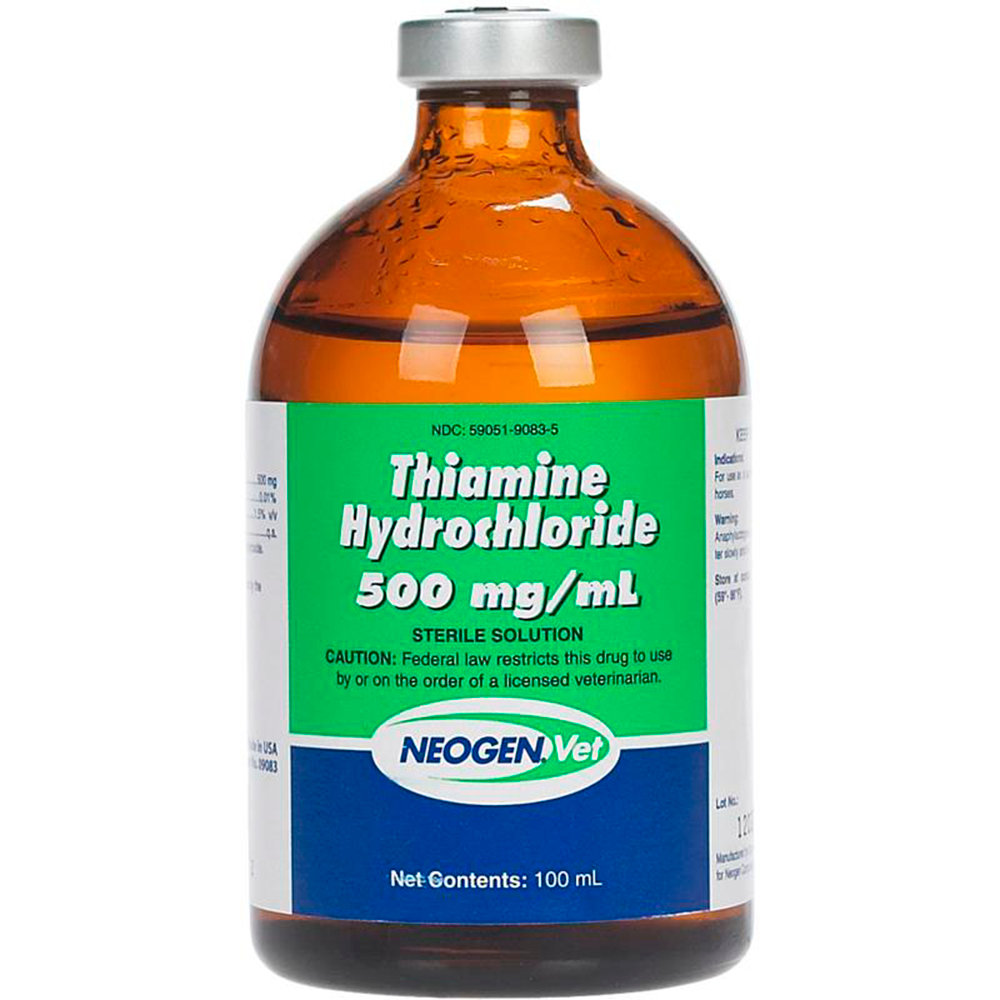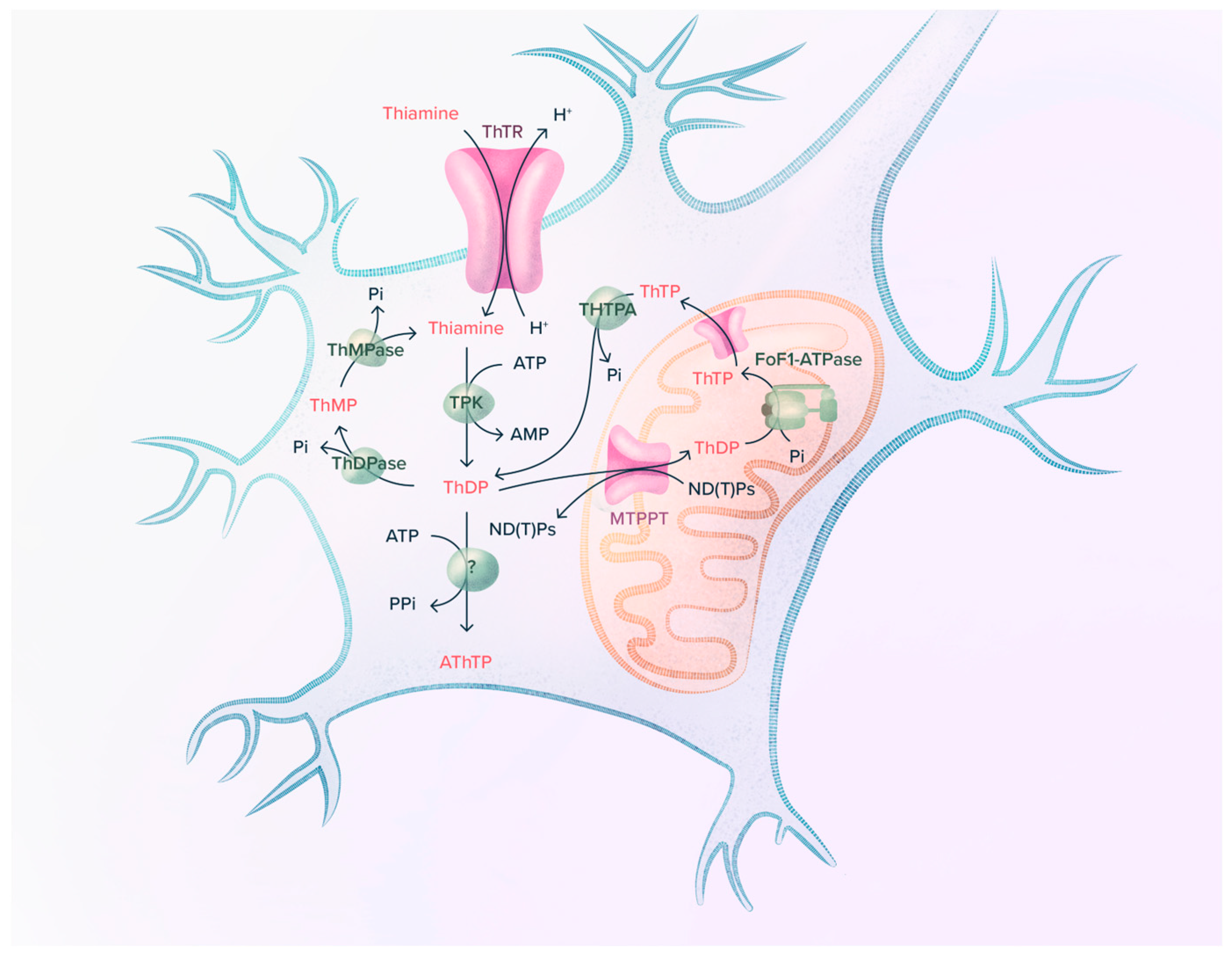Vitamin B-1, also known as thiamine, plays a crucial role in energy metabolism and neurological function. A deficiency in this essential vitamin can lead to serious health consequences, highlighting its importance in maintaining overall well-being. This report delves into the multifaceted nature of thiamine, exploring its chemical structure, dietary sources, metabolic pathways, and the potential health implications of both deficiency and supplementation.
From understanding the biochemical processes involved in thiamine’s role in carbohydrate metabolism to examining the symptoms and treatments for beriberi, a severe thiamine deficiency disease, this overview provides a comprehensive understanding of this vital nutrient. We will also explore the latest research on thiamine’s involvement in neurological health and the potential benefits of supplementation for specific conditions.
Vitamin B-1 (Thiamine): A Crucial Nutrient for Energy and Neurological Function
Vitamin B-1, also known as thiamine, is a water-soluble vitamin essential for various metabolic processes, particularly carbohydrate metabolism. A deficiency in thiamine can lead to serious health consequences, highlighting its crucial role in maintaining overall health.
Thiamine Overview, Vitamin B-1

Source: nutrifasa.com
Thiamine is an essential vitamin with a pyrimidine and thiazole ring structure. It exists in various forms, including thiamine monophosphate (TMP), thiamine pyrophosphate (TPP), and thiamine triphosphate (TTP). TPP is the biologically active form, acting as a coenzyme in crucial enzymatic reactions involved in carbohydrate metabolism, specifically the decarboxylation of α-keto acids. Dietary sources include whole grains, legumes, pork, and nuts.
| Food Group | Serving Size | Thiamine (mg) |
|---|---|---|
| Pork | 3 oz | 0.8 |
| Brown Rice | 1 cup cooked | 0.4 |
| Sunflower Seeds | 1/4 cup | 0.6 |
| Legumes (beans, lentils) | 1/2 cup cooked | 0.3 |
Thiamine Deficiency (Beriberi)
Beriberi, a disease caused by thiamine deficiency, manifests in two primary forms: wet and dry. Wet beriberi affects the cardiovascular system, leading to edema, while dry beriberi primarily affects the nervous system, resulting in muscle weakness and neurological problems. The underlying mechanism involves impaired energy production due to reduced activity of thiamine-dependent enzymes, particularly in the nervous system and heart.
Populations at highest risk include individuals with alcoholism, those consuming diets low in thiamine, and those with gastrointestinal disorders affecting nutrient absorption.
The progression of beriberi can be visualized as follows:
- Mild Deficiency: Fatigue, loss of appetite.
- Moderate Deficiency: Muscle weakness, peripheral neuropathy.
- Severe Deficiency (Wet Beriberi): Cardiomegaly, edema, shortness of breath.
- Severe Deficiency (Dry Beriberi): Severe muscle weakness, ataxia, mental confusion.
Thiamine Absorption and Metabolism
Thiamine is primarily absorbed in the small intestine via active transport mechanisms. Specific thiamine transporters facilitate cellular uptake. Once absorbed, thiamine is phosphorylated to its active coenzyme form, thiamine pyrophosphate (TPP), through a series of enzymatic reactions involving thiamine pyrophosphokinase.
Thiamine + ATP → Thiamine Monophosphate (TMP) + ADP
TMP + ATP → Thiamine Pyrophosphate (TPP) + ADP
Dietary Sources and Recommendations
Numerous foods contain thiamine, offering various opportunities for adequate intake. Recommended daily allowances (RDA) vary based on age and life stage. Bioavailability can differ depending on the food source and other dietary factors.
- Grains: Enriched breads, cereals, brown rice
- Legumes: Beans, lentils, peas
- Meats: Pork, beef, poultry
- Nuts and Seeds: Sunflower seeds, almonds
| Food Group | Example Foods | Thiamine Content (mg/serving) | Bioavailability |
|---|---|---|---|
| Pork | 3 oz loin chop | 0.9 | High |
| Brown Rice | 1 cup cooked | 0.3 | Moderate |
| Fortified Cereal | 1 cup | 0.5-1.0 | Variable |
Thiamine in Health and Disease
Thiamine plays a critical role in neurological function, particularly in the brain’s energy metabolism. Wernicke-Korsakoff syndrome, a severe neurological disorder, is directly linked to chronic thiamine deficiency, often associated with alcoholism. Supplementation can be beneficial in certain conditions like Wernicke-Korsakoff syndrome, but also in cases of increased metabolic demand (pregnancy, lactation, intense physical activity). Thiamine can interact with certain medications; consult a healthcare professional before starting supplementation if you are on other medications.
Thiamine Supplementation
Thiamine supplements are available in various forms, including thiamine hydrochloride and thiamine mononitrate. Dosage recommendations vary based on individual needs and health status. Potential side effects are rare at recommended dosages but can include gastrointestinal upset. Individuals with known hypersensitivity to thiamine should avoid supplementation.
The thiamine molecule comprises a pyrimidine ring and a thiazole ring connected by a methylene bridge. The nitrogen and sulfur atoms within these rings are crucial for its coenzyme function. The molecule’s structure allows it to bind to enzymes involved in carbohydrate metabolism, facilitating their catalytic activity.
End of Discussion

Source: mdpi.com
Vitamin B-1, crucial for nerve function and energy metabolism, is often overlooked. Understanding its importance becomes even more critical when considering the harsh realities of incarceration, as highlighted in a recent report detailing conditions within Osceola County Jail: unlocking the latest from osceola county jail – the full guide the shocking truth everyone needs to know. The lack of adequate nutrition, potentially including insufficient B-1, could exacerbate existing health problems within the jail population.
Vitamin B-1 is more than just a vitamin; it’s a key player in maintaining optimal health. Understanding its role in energy production, neurological function, and the potential risks of deficiency underscores the importance of including thiamine-rich foods in our diets. While supplementation can be beneficial in certain circumstances, consulting a healthcare professional is crucial before starting any regimen. Further research continues to unravel the complexities of thiamine’s influence on human health, promising new insights into its therapeutic potential.
